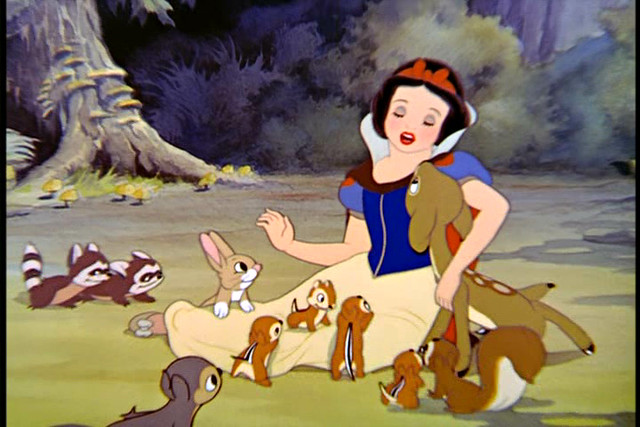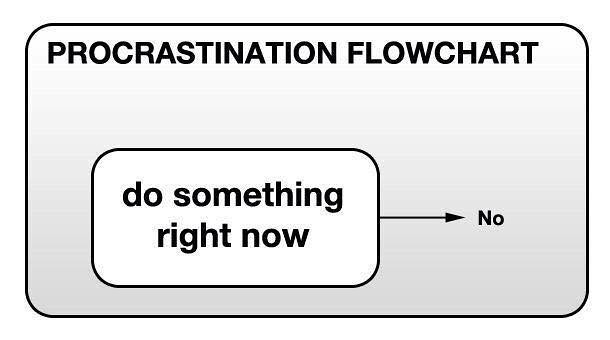The Owl Spirit
I am Chib'lakwe. For as long as I can remember, I have made these woods my home. Those who live near my home rarely visit. It seems I scare them and bring "bad omens." But this may be my own fault. I find great joy in frightening my visitors. My fame travels a great distance with the stories filled with my trademark antics. They even tell their young ones that I will snatch them up if they misbehave, but I have only scratched a few young girls. But that was long ago, and it was for good reason. Their stories have become somewhat exaggerated overtime, but I don't mind. However, I have grown somewhat lonely in these quiet woods. Now I am left to perch on the tree limbs, waiting for weary travelers so that I may have some fun.
On one such occasion, I saw a strapping young warrior make his way to my woods to make camp for the night. "I shall have some company," I thought and let out a gleeful hoot. Fearing that he might be aware of the tales they tell of me and that I might make my guest feel uneasy with my stares, I uprooted from my perch to watch from afar. The traveler was either unaware of the ghost stories or unwavering from his course for he made camp, arose in the morning, and continued through my woods.
By the next night, I had come up with a scheme to toy with my guest and to uphold my esteemed reputation. Just after dawn, from just outside the clearing, I called, "My son! My son!" hoping to frighten him a bit. It seemed to work. After a moment, I took a form to mimic his kind, an old woman who was so nice to me years ago. As I approached, the traveler made no move. I feared I had frightened him to death. I raised and dropped is leg a few times, still nothing. I feared I may never have another visitor again once his people hear of this. So I took my knife and was going to make his death appear to be an accident of his own doing. All of the sudden, he stirred and jumped up. He tried to shoot me with his war-bow, exclaiming, "What are you doing?" But I was much too swift, teasing him as ran into the shadows of the thick brush. As I fled, I thought of how marvelous this story will be. I will have so many brave young ones wanting to come find me. But the stubborn young man would not leave. I had to smoke him out. As he must have been too shaken to rest any longer, I erected a full burial scaffold in the shadows. "O, how those silly people fear death," I thought. Morning broke and he saw my construction, but still he pressed on. He seemed to be a tough nut to crack.
The next night, I had thought of a subtle, yet insidious plan. Happy with it, I began to sing just before the sun set, not only to make the young warriors feel uneasy, but also out of my own glee. Once his fire was built, I came from behind him. I saw he had some wasna. I had not had such a delicious meal as that in a long while. He was then aware of me approaching. I asked him for some of his food, to which he said, "I have nothing." I was not offended for it is not common to treat beggars in an unfamiliar forest. But wanting the treat, I still replied, "Not so; I know you have some wasna." I must have said so in a tone that made him know how much I craved it. He gave me some of his ration and even allowed me to smoke from his pipe. While smoking, I attempted to decipher the subject of my games. He was broad-shouldered and rather muscular, with strong hands and feet. His face seemed chiseled from stone with long, braided, jet black hair, in which was a single hawk feather. He wore sturdy skins, but they were still somewhat worn from much use. I could see he was a valiant warrior, who had much to boast about, yet remained humble; firm and resolute. I knew nothing could sway him from the course to which he had committed. Perhaps I had met my match. While looking over him, I noticed his deep set eyes squinting and reading me as I was him. I smirked as his eyes widened, surely noticing my form I had taken, the bones of a fallen warrior. I finished puffing. I decided to humor myself, making him an offer. "Ho! We must wrestle," I said, "If you can throw me, you shall kill the enemy without hindrance and steal some horses." He accepted and we began our bout.
As I expected, he was experienced. He pushed hard and kept his balance with strong legs and quick hips. At one point, I nearly had him, but he willed himself upright and mustered a surprising force that jolted me near his fire. Next to the flames, I felt drained of strength. But I am not a complacent fighter myself. I pushed back, locking us in a tense stalemate. After some time of this, neither of us wavering, day broke and the fire began to burn low and I felt myself surge with energy from the darkness. He, too, feeling this, made a desperate, yet cunning, move, sweeping a small pile of dried leave with his foot onto the dying flame. The conflagration caused me to collapse onto the earth. He had won.
In his exhaustion, I fled into the trees and took on my natural form. Respecting our wager, I saw to it that he succeeded in his war path, killing his enemy and stealing a number of fine, painted stallions. He never returned to my wood, nor has any man as resilient as him. But I still wait, perched in the tree-tops, for more unsuspecting visitors. All the while, knowing that I gave that young man a good story. One that he surely carries with him and shares with everyone.
Author's Note
This story is my version of the Teton Ghost Story as told from the ghosts perspective. I wanted to tell the story from a first person perspective and decided on the viewpoint of the ghost rather than that of the young man. In the story, it is unclear whether the owl in the first part is related to the spirits, or even if the old woman and skeleton are the same being, but while doing some research, I learned that in some Native American traditions, an owl is seen as a bad omen and that they can be linked to witch and boogeyman type stories. So, I decided to group the owl with the ghosts into one character, named Chib'lakwe, another name for a monster in the Maliseet-Passamaquoddy culture used to scare children. (
Link to Cipelahq) The name means "scary eyes." I also decided to not stray from the story too far, using the exact same dialogue as the original story with one or two added lines of inner dialogue.
Bibliography
"A Teton Ghost Story" from Myths and Legends of the Great Plains by Katharine Berry Judson (1913) Link




.jpg)








